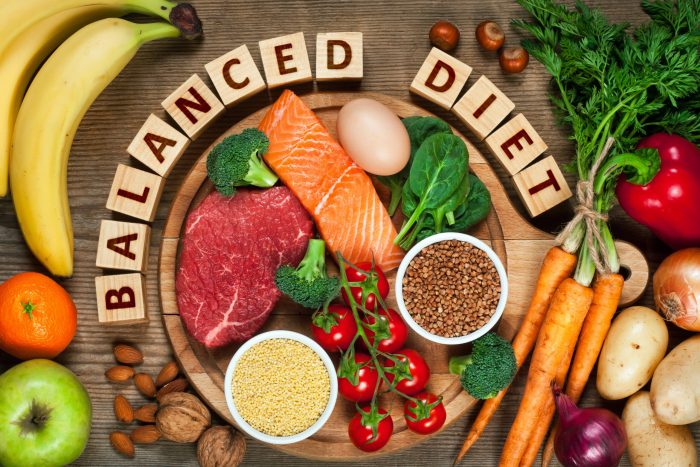February 10, 2025

We all strive to perform and compete at our highest level, especially in a physically demanding sport like soccer. The trifecta of optimal health consists of exercise, sleep, and diet.
In this discussion, we will explore the importance of proper nutrition and hydration and why they are essential for achieving peak performance.
Improved Energy Levels and Performance
Soccer is a sport that demands high-intensity intervals of energy, whether sprinting to defend an opponent or dribbling to score a goal. The best source of this energy comes from carbohydrates. Healthy carbohydrate sources include oats, rice, and sweet potatoes.
Protein is another vital macronutrient, essential for building and repairing muscles, especially important after practices and games. Protein-rich foods include chicken, beef, salmon, eggs, black beans, and even nuts!
In addition, snacks like fruits can be incorporated into your diet to provide quick energy, boost immunity, and support natural hydration. Some excellent fruits include blueberries, strawberries, and pomegranate, which are high in antioxidant properties.
As for hydration, the most effective way to stay hydrated is by drinking plenty of water. Make sure to drink at least a few glasses of water each day. Additionally, sports drinks can be beneficial during especially rigorous training sessions and games.
Foods to Avoid
Now that we have discussed the foods that help you perform at your best in soccer, let’s review the foods that can hinder your success.
Firstly, it is highly recommended to eliminate ultra-processed foods from your diet. These foods are generally low in nutritional value, high in added sugars and salts, and contain numerous artificial ingredients. You can easily identify highly processed foods by checking the ingredient list—if it includes ingredients that are difficult to pronounce, it’s a clear sign that the food may not be beneficial for your health or performance.
Examples of ultra-processed foods include soda, potato chips, cookies, and ice cream. Furthermore, you should be aware of foods that you’re allergic or have negative reactions to. These foods depend solely on you, but common allergens include eggs, milk, and peanuts.

